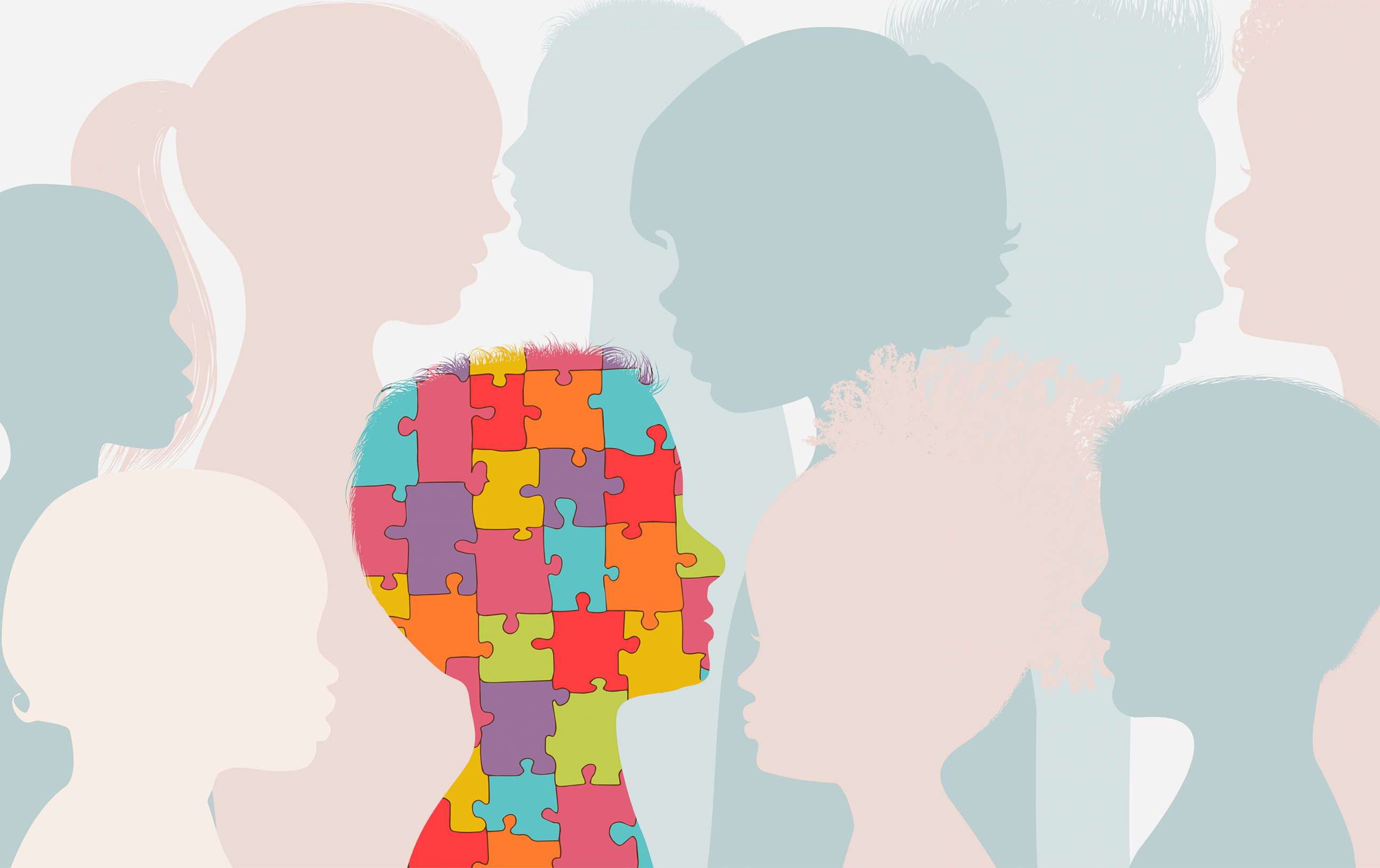A growing number of children in the United States are being diagnosed with autism spectrum disorder according to a report released Thursday by the Centers for Disease Control and Prevention.
Overall, the report found that about 1 in 36, or 2.8%, of 8-year-olds in the U.S. were diagnosed with autism spectrum disorder in 2020, compared to 1 in 44, or 2.3%, of 8-year-olds in 2018.
The data was collected from 11 communities and may not represent the entire U.S., researchers cautioned..
Researchers also cautioned that the growing prevalence of autism spectrum diagnosis from 2018 to 2020 does not necessarily mean autism spectrum disorder itself is becoming more common.
Instead, it’s likely that doctors, parents and communities are getting better at diagnosing children who may have been overlooked in prior years, the data shows.
Autism, also known as autism spectrum disorder, is defined by the CDC as a “developmental disability that can cause significant social, communication and behavioral challenges.”
In recent years, there has been a major effort to improve screening, awareness and access to services in historically underserved communities. That means that more Black, Hispanic and Asian children are now being diagnosed.
In 2020, for the first time, the percentage of Black, Hispanic and Asian children diagnosed with autism exceeded the percentage of white children diagnosed with autism.
Boys continue to experience autism spectrum disorder at a rate that is nearly four times higher than for girls. The newly released report also found that autism among 8-year-old girls has exceeded 1%, according to the CDC.

An illustration representing the concept of autism.
STOCK PHOTO/Getty Images
A second CDC report — which evaluated 4-year-olds — warned about disruptions to early autism spectrum disorder detection that came with the coronavirus pandemic.
In the early months of the pandemic, younger children were less likely to have an evaluation of their development compared to the 8-year-old children when they were the same age, according to the report.
Early diagnosis of autism spectrum disorder is crucial. It can help children and families get the resources they need so that children can reach their full potential, according to the CDC.
“Disruptions due to the pandemic in the timely evaluation of children and delays in connecting children to the services and support they need could have long-lasting effects,” Dr. Karen Remley, director of CDC’s National Center on Birth Defects and Developmental Disabilities, said in a statement. “The data in this report can help communities better understand how the pandemic impacted early identification of autism in young children and anticipate future needs as these children get older.”
Autism spectrum disorder can be identified as early as infancy, although most children are diagnosed after the age of 2. There is no medical test to diagnose autism spectrum disorder, so doctors watch a child’s behavior and development to make a diagnosis, according to the CDC.
The American Academy of Pediatrics recommends all children be formally screened for autism spectrum disorder at their 18- and 24-month-old well-child visits. The AAP says pediatricians will begin monitoring babies at their first well-child visit by observing their behaviors.
“Early diagnosis is crucial for early intervention, which can greatly improve long term outcomes,” said Dr. Alok Patel, a pediatrician at Stanford Children’s Health and an ABC News medical contributor.
Early signs of autism spectrum disorder in children may include, but are not limited to, little or no smiling and limited eye contact by 6 months; little to no babbling, pointing or response to their name by 12 months; and few or no meaningful two-word phrases by 24 months, according to the CDC.
Additional signs of autism spectrum disorder may include delayed social interactions, exhibiting repetitive behaviors or showing a limited interest in activities and sensory issues like sensitivity to noise or sound.
Treatment for autism spectrum disorder comes in many different forms, from mental health therapy to occupational, physical and speech therapies. Sometimes medications can be helpful for things related to ASD, like mood problems or inability to focus.
This article was originally published by a www.goodmorningamerica.com . Read the Original article here. .



